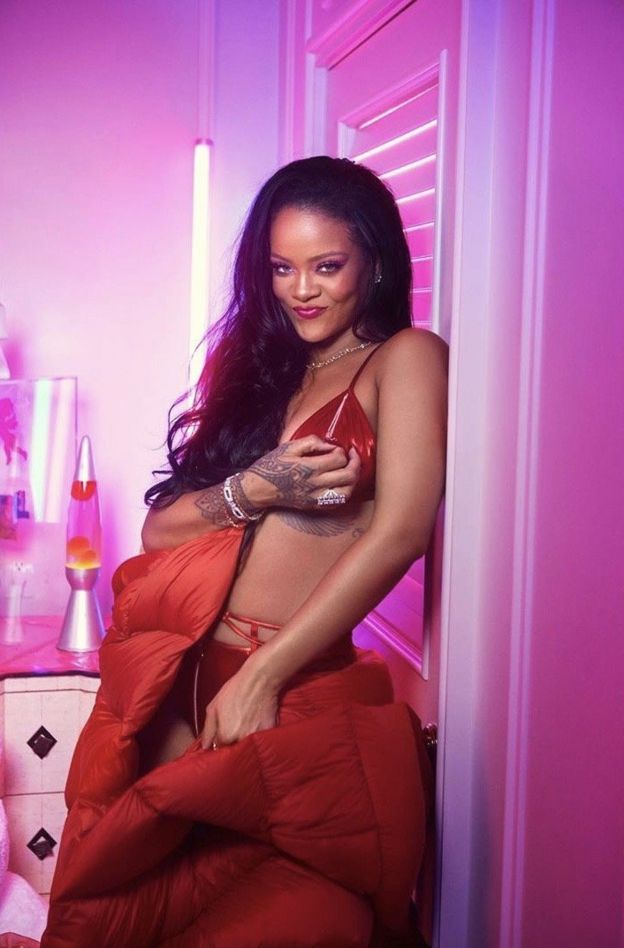 – Rihanna's lingerie line has been celebrated for capturing the female gaze
There has been a movement in fashion toward female empowerment and inclusivity, enabled by social media, she believes.
"The open exchange between individual consumers through social networks has given them a channel to let brands know what they really think and want," she says.
"I would say that people have always wanted inclusivity, but only now have brands found a way to make it financially lucrative on a large scale," she says.
"As with most products out there, fashion brands are selling hope and dreams, which is now the hope of empowerment and inclusivity. But that doesn't mean the customer actually will be empowered, fulfilled and feel included."
– Rihanna's lingerie line has been celebrated for capturing the female gaze
There has been a movement in fashion toward female empowerment and inclusivity, enabled by social media, she believes.
"The open exchange between individual consumers through social networks has given them a channel to let brands know what they really think and want," she says.
"I would say that people have always wanted inclusivity, but only now have brands found a way to make it financially lucrative on a large scale," she says.
"As with most products out there, fashion brands are selling hope and dreams, which is now the hope of empowerment and inclusivity. But that doesn't mean the customer actually will be empowered, fulfilled and feel included."
She gives two examples to explain how the different approaches work. "Fenty is marketing underwear with the idea that the woman is in control of her body, her love life and her choices," she says. "Victoria's Secret for example is marketing underwear with the idea that she can get a man to control her body, her love life and the only choice she has is to look skinny and seductive or else she has no chance in life. "Both brands promise power through lingerie, though, but one is outdated."
DISCLAIMER: The Views, Comments, Opinions, Contributions and Statements made by Readers and Contributors on this platform do not necessarily represent the views or policy of Multimedia Group Limited.
Latest Stories
-
Man remanded for uploading nude videos of a lady he lured into a relationship
2 hours -
Explainer: What is the Cash Waterfall Mechanism?
3 hours -
Survivors of child trafficking overcome adversity, excel in tertiary education
3 hours -
Confront the barriers to your progress – Professor Lydia Aziato challenges the youth
4 hours -
Expertise France leads EU-funded initiative empowering African Journalists to combat human trafficking
4 hours -
Ghana Grows Programme empowers Ghanaian youth through Youth Policy Dialogue
4 hours -
Eastern NDC raises GHS5.4m to support Mahama’s 2024 campaign
4 hours -
Kumawood actress Akyere Bruwaa condemns death rumours
4 hours -
Ghana Institution of Engineering calls for proactive measures to prevent flood disaster
4 hours -
Who pays for the extra cost? – COCOBOD CEO questions EU on new regulations
4 hours -
‘Dumsor’ will be over by end of May – Former NPP MP assures
5 hours -
Power crisis is not about money – NPP Manifesto Committee member
5 hours -
Education Minister urges graduates to embrace opportunities
5 hours -
UN rights chief ‘horrified’ by mass grave reports at Gaza hospitals
5 hours -
We need more resources to deal with flooding – NADMO
5 hours

